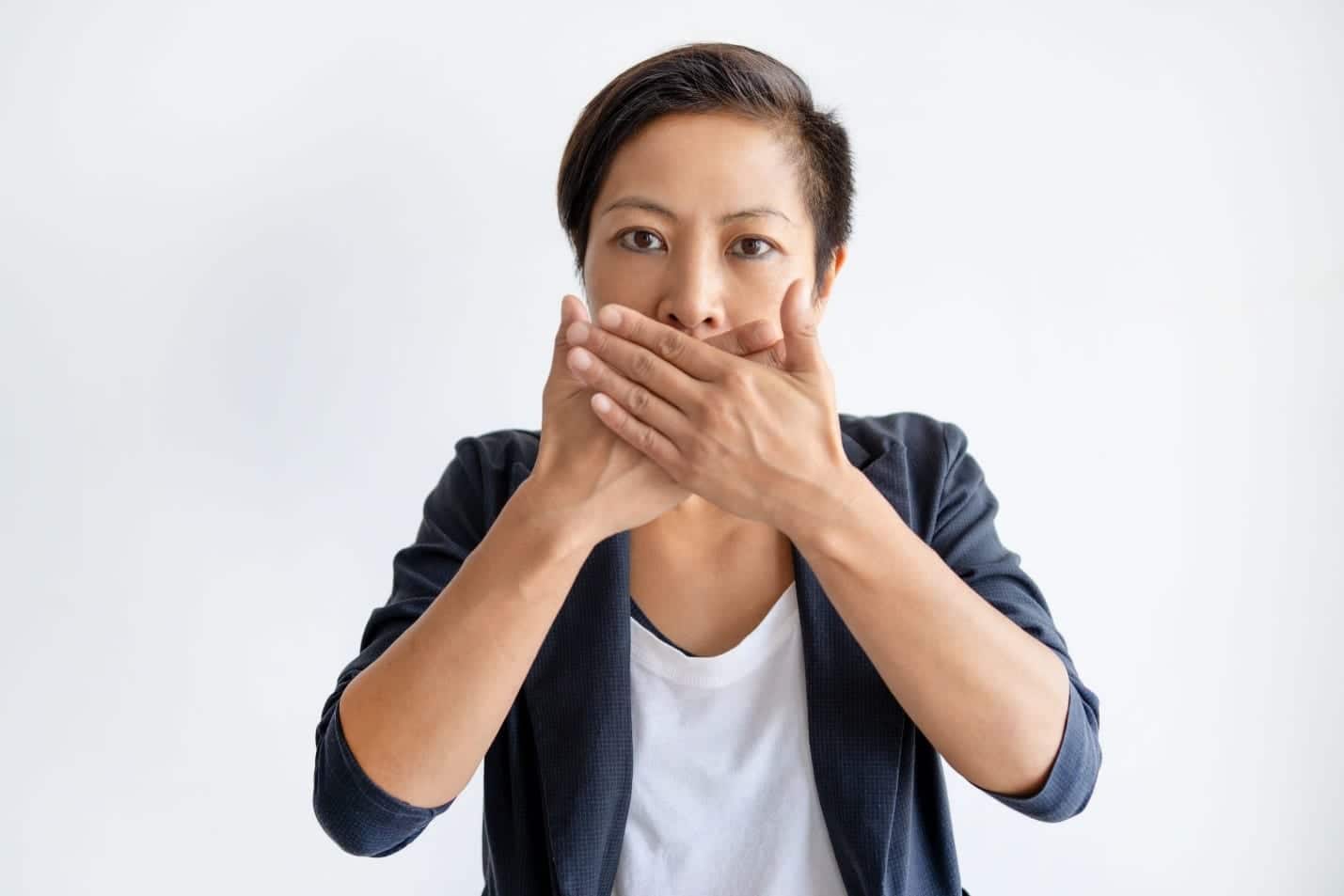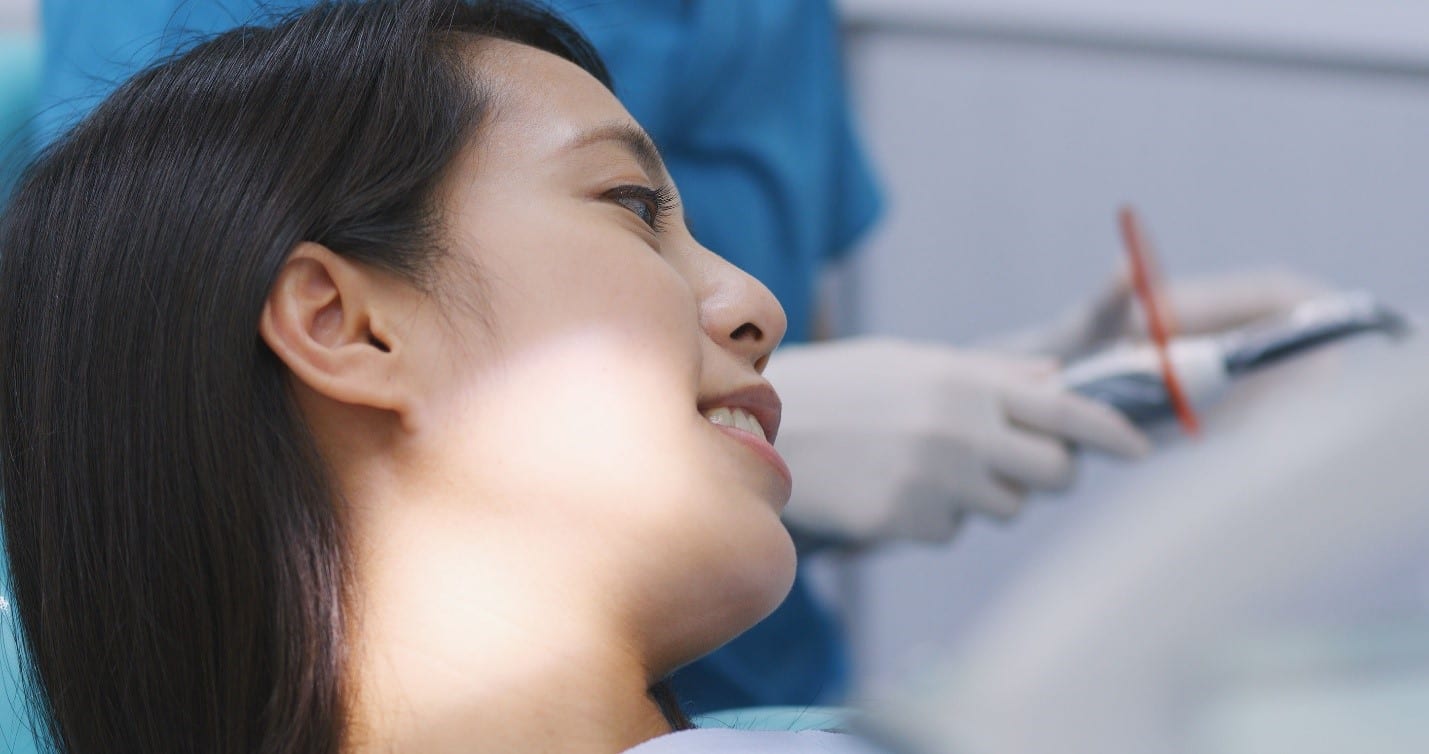
An underbite is a dental condition characterized by lower teeth that extend outward farther than the upper front teeth. Other medical terms for an underbite include Class III malocclusion and progathism.
An underbite creates a bulldog-like appearance in the mouth and face, and in severe cases can cause the lower teeth to extend forward. Other cases are not noticeable cosmetically, but may still cause dental health problems.
In other words, an underbite can affect your self-esteem, dental health and overall quality of life. Below we provide a guide covering the causes of an underbite, oral health problems that could result from an underbite, and possible treatments.
If you are concerned that you might have an underbite, be sure to bring this issue up at your next dental checkup, or give your dentist a call for more information.
Underbite Causes
Ordinarily, teeth grow in such a way as for the upper teeth to fit a little over the lower teeth. Your molars – the flat, wide teeth at the back of your mouth – should fit into one another. Several factors affect the way your teeth align, and may result in an underbite.
Genetics. In most cases, an underbite is inherited. You are more likely to develop an underbite if at least one other person in your family also has it.
Childhood habits. Common childhood habits such as thumb sucking, pacifier use in children over three, long-term bottle feeding beyond infant years, and pushing on the teeth with the tongue can cause misalignment of the teeth, including an underbite.
Injury. Severe injuries to the face may permanently damage the jawbone. Often, it’s possible to repair broken jawbones surgically, but the jaws don’t always fit together properly after realignment, which can result in an underbite.
Tumors. Tumors on the mouth or jawbone may cause the lower jawbone to protrude, resulting in an underbite. This is a relatively rare cause, but if you newly develop an underbite, get it checked out.
Oral Health Problems Caused by an Underbite
The oral health problems that can result from an underbite include:
- Difficulty biting off and chewing food
- Problems with speech
- Mouth and face pain due to jaw misalignment
- TMJ
- Increased wear on the teeth
- Difficulty cleaning the teeth, increasing risk for tooth decay and gum disease
If your underbite causes oral health problems, it’s advisable to talk to your dentist about treatment options to correct the underbite and resultant issues.
Underbite Treatments
If you have an underbite, your dentist will recommend potential treatments to correct the dental health problems that can result, and potentially treatments to correct the underbite as well.
At-home treatment. Practicing good oral hygiene at home can help prevent oral health problems caused by an underbite. Adhering to recommended brushing and flossing, and seeing your dentist twice a year for checkups can help prevent oral health problems that can arise from an underbite.
Medical treatment. Medical treatment is the only way to correct an underbite, helping teeth to align correctly. Your dentist or orthodontist may use braces or other dental appliances to move teeth into the correct place. Removing one or more teeth on the lower jaw may also help correct an underbite if tooth overcrowding is part of the problem. In rare cases, surgery may be required to correct a very severe underbite.

The big takeaway should be if you suffer from an underbite, talk to your dentist to discuss treatment options. It may be a minor issue… or it might be something worth correcting.






